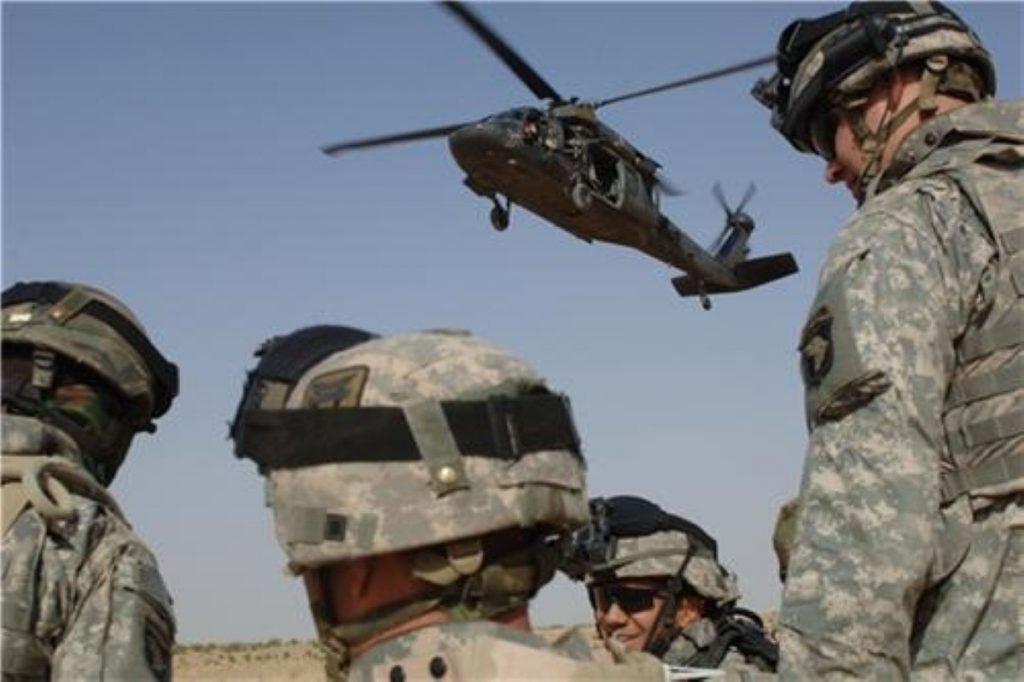Coroner invites US ambassador to attend inquest
The coroner investigating the deaths of eight British commandos in Iraq has invited the US ambassador to attend the inquest.
Yesterday, the Oxford deputy coroner Andrew Walker described the US refusal to release details of the deaths as “inexcuseable”. Four US marines were also killed in the helicopter crash in March 2003. Their UK counterparts were the first British troops to die in the Iraq war.
The coroner’s authority was challenged when US deputy chief of mission David Johnson told Channel 4 News that he was not “competent”.
Paul Spencer, lawyer for the family of sergeant Les Hehir, who was killed in the crash, was outraged by the comments.
“Sergent Hehir and the seven other service personnel did as the prime minister asked them to do, and that was to stand shoulder to shoulder with the Americans in March 2003,” he told the hearing.
“Against that background, you will readily understand the dismay of Mrs Hehir and the families of other personnel who tragically died in this incident when she learned from David Johnson…that he didn’t think this inquest process was, as he described it, ‘appropriate’,” he added.
Mr Walker then replied that he could see “no harm” in inviting the ambassador to the hearing.
The coroner has developed an outspoken reputation since being appointed deputy coroner in Oxfordshire, a temporary appointment designed to reduce a backlog of inquests into deaths of British military personnel overseas.
He has formally attempted to call the former defence secretary Geoff Hoon as a witness and railed against a US policy which does not require US servicemen to attend non-US courts.
Last October, he recorded a verdict of ‘unlawful killing’, the toughest judgement available to an inquest, against the US troops responsible for killing Terry Lloyd, an ITN reporter, in southern Iraq in 2003.





-01.png)